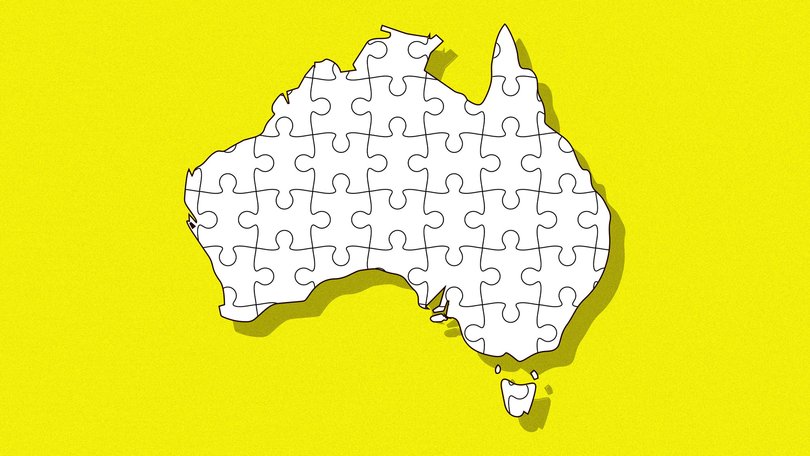SIMON BIRMINGHAM: Are we in an age of offensiveness? We all need to focus more on respect

It amazes me how easily some people get offended. But maybe a thick skin is the price of nearly two decades in federal politics.
Equally, I remain amazed at how offensive some people can be, often over things that have zero bearing upon their lives.
Do we live in an age of offensiveness? Probably not. Sadly, people have always been offensive, with history littered with displays of bigotry across all the isms and phobias.
Sign up to The Nightly's newsletters.
Get the first look at the digital newspaper, curated daily stories and breaking headlines delivered to your inbox.
By continuing you agree to our Terms and Privacy Policy.Arguably, those of us in Australia live in an era of great tolerance and inclusion.
We certainly don’t see the same level of discrimination that previously saw minorities excluded and persecuted in the most extreme and violent of ways.
Our national diversity across race, faith and sexuality is greater than at any other time in our history.
Our workforce has the highest ever rates of female workforce participation, while the diverse ages of people in workplaces also stretches out further than ever.
Rights are widely entrenched in many anti-discrimination laws.
It’s not all perfect. Some people are still bigots. Some activists are troublemakers. And the administration of some laws can be clunky, adding costs and red tape.
But compare our advances to earlier times in history, or other even many other parts of the world at this very point in time.
Try being gay in places like Iran, where engaging in a same-sex relationship carries a potential death penalty.
Women and girls in Afghanistan have tragically seen hard-won rights rapidly eroded since the return of the Taliban. They are now not only banned from large areas of education and work, but new laws even prohibit their voices from being heard in public.
Nigeria’s government largely stood by as more than 8000 Christians were reportedly killed during 2023, just for being Christian, including hundreds on Christmas Day.
These three examples are just the tip of the global iceberg of discrimination and prejudice that we, in Australia, are largely fortunate to escape.
So why is it that in developed, liberal democracies like Australia it feels like our free and open media is littered with claims and counter-claims regarding discrimination?
There are those who it seems find endless new ways to allege discrimination and demand an accommodation of their rights that some see as challenging the rights of others.
At the other end of the spectrum, a different cohort increasingly scream that their rights are being undermined or the fabric of society threatened, all because of issues like someone else’s use of a pronoun.
Personally, I hate the word “woke”. People throw it around as a casual slur and generalised put-down in ways that avoid intelligently considering issues.
In their extremes, both so-called woke activists and the self-proclaimed anti-woke movement are at risk of creating more division than they resolve.
They drive people further into their corners, perpetuate stereotypes and consume oxygen with counterproductive debates. Most disturbingly, they create perceptions of intolerance that I believe is contrary to our national psyche.
For many years, I publicly backed changes to our laws to secure marriage equality in Australia, including campaigning for a Yes vote during the eventual 2017 plebiscite on those changes.
Ultimately, that Yes vote prevailed, strongly so, with 62 per cent of Australians supporting marriage equality, and demonstrating Australia’s overwhelming embrace of equality and respect for each other, regardless of our differences.
A not dissimilar proportion of Australians, 60 per cent, voted no in the 2023 Indigenous Voice referendum. Rightly or wrongly, many did so because they believed the proposal would entrench special rights, rather than equal rights.
We must learn lessons from these experiences, in better understanding both what brings people together and advances equality.
There’s one word that summarises what we need to focus on: respect.
Mutual respect is what enables advances in equality. Mutual respect allows an understanding and accommodation of differences.
Mutual respect can be a bulwark against irrelevant debates about what is or isn’t woke.
Respect. It’s the only proven way to reduce offensiveness, in all its forms.
Simon Birmingham is the shadow foreign affairs minister
